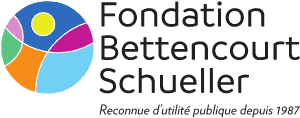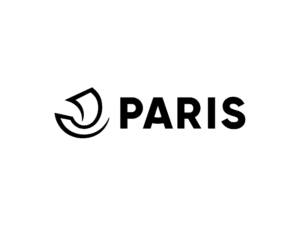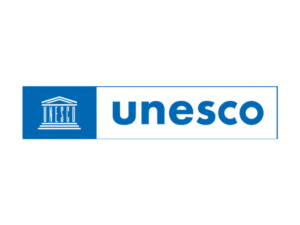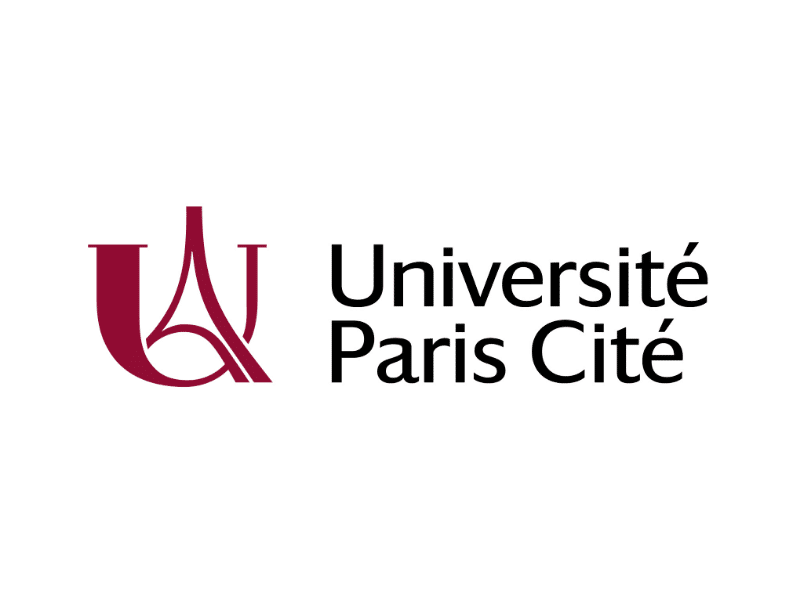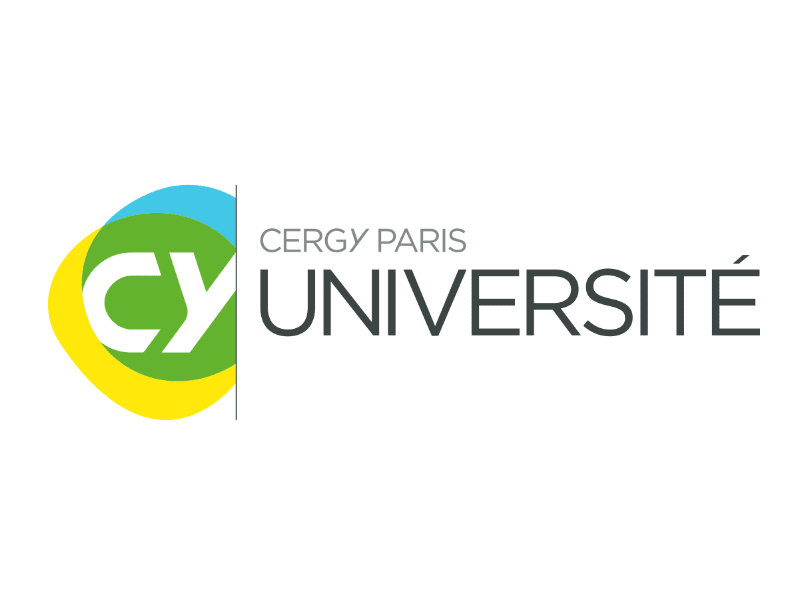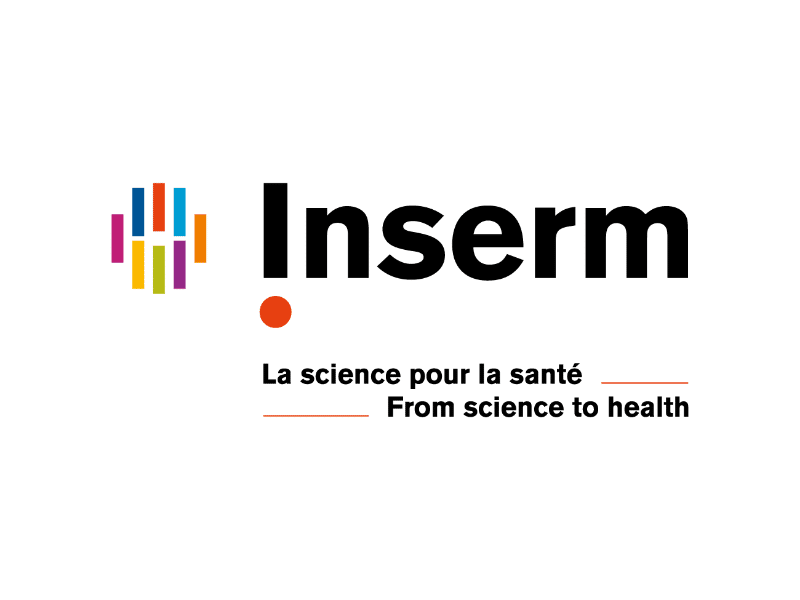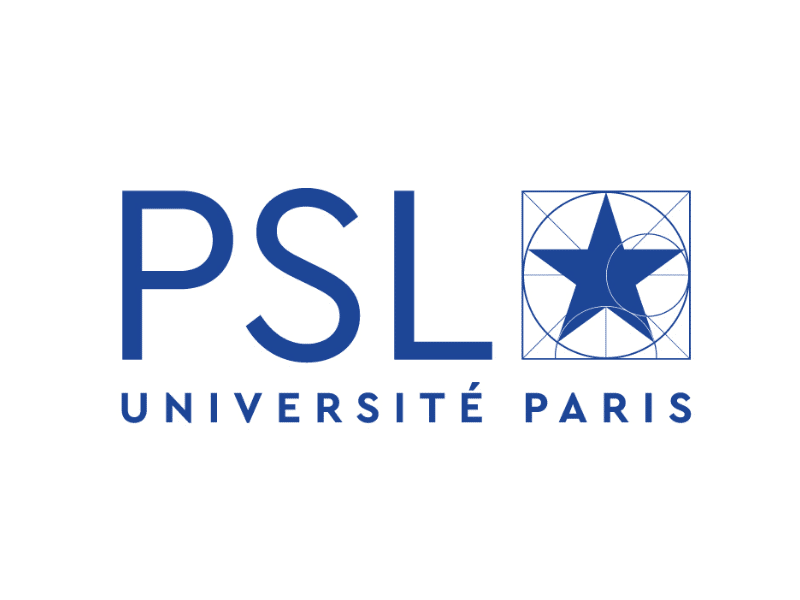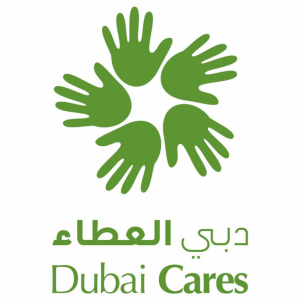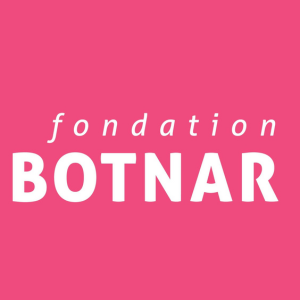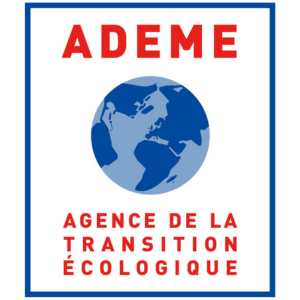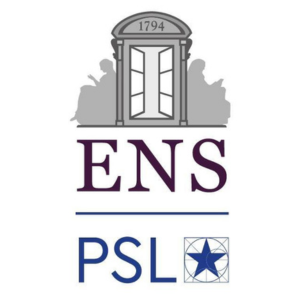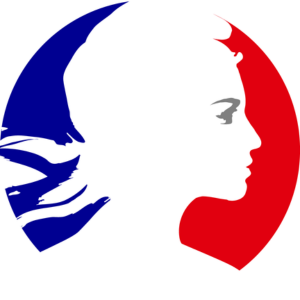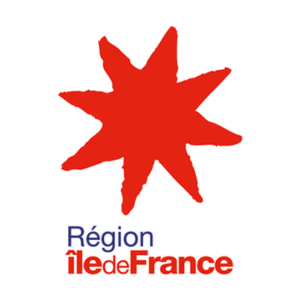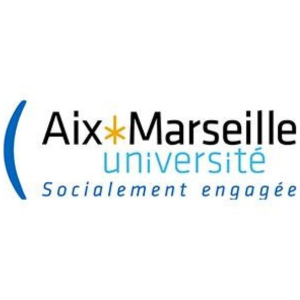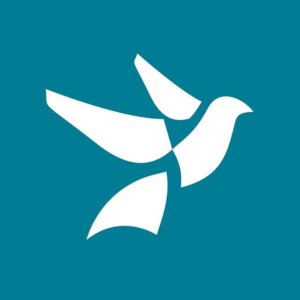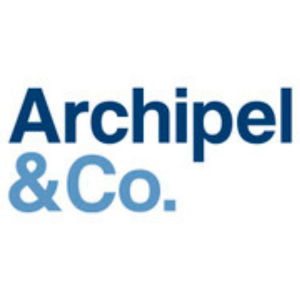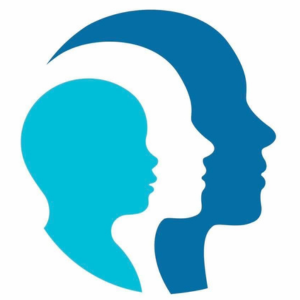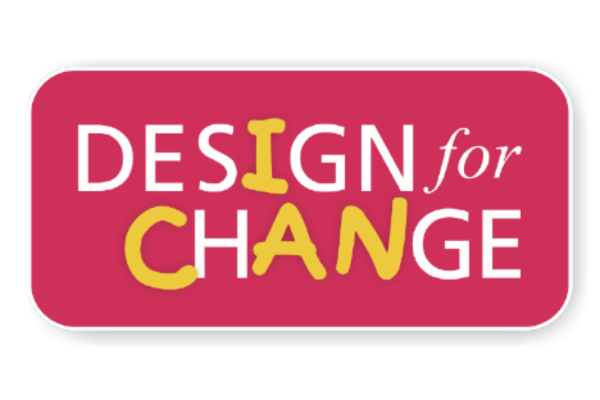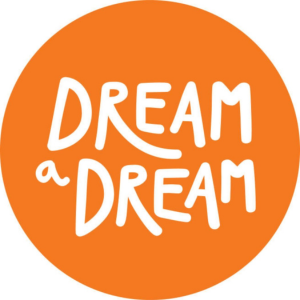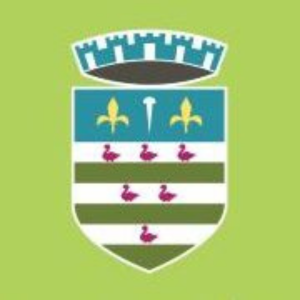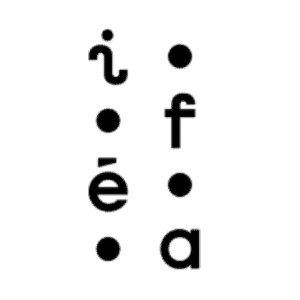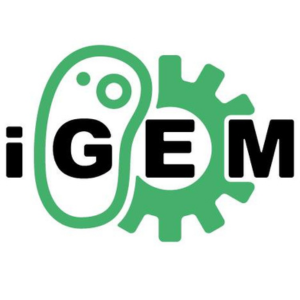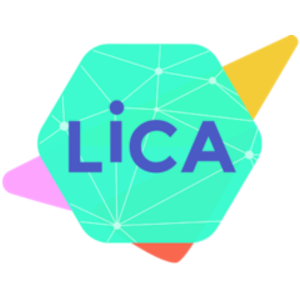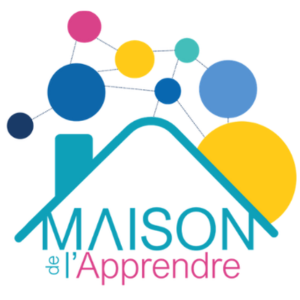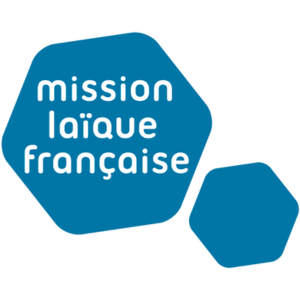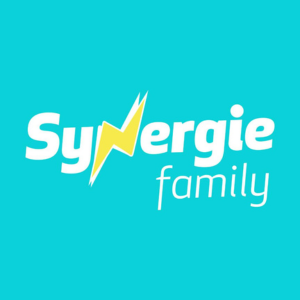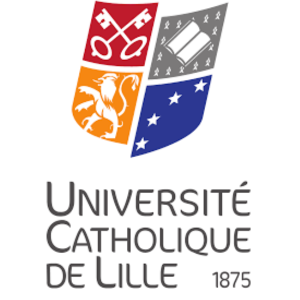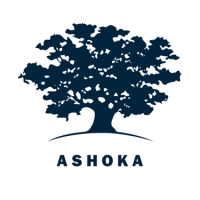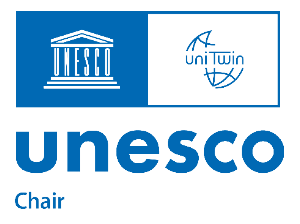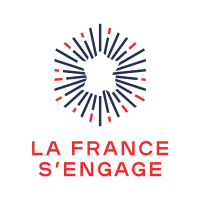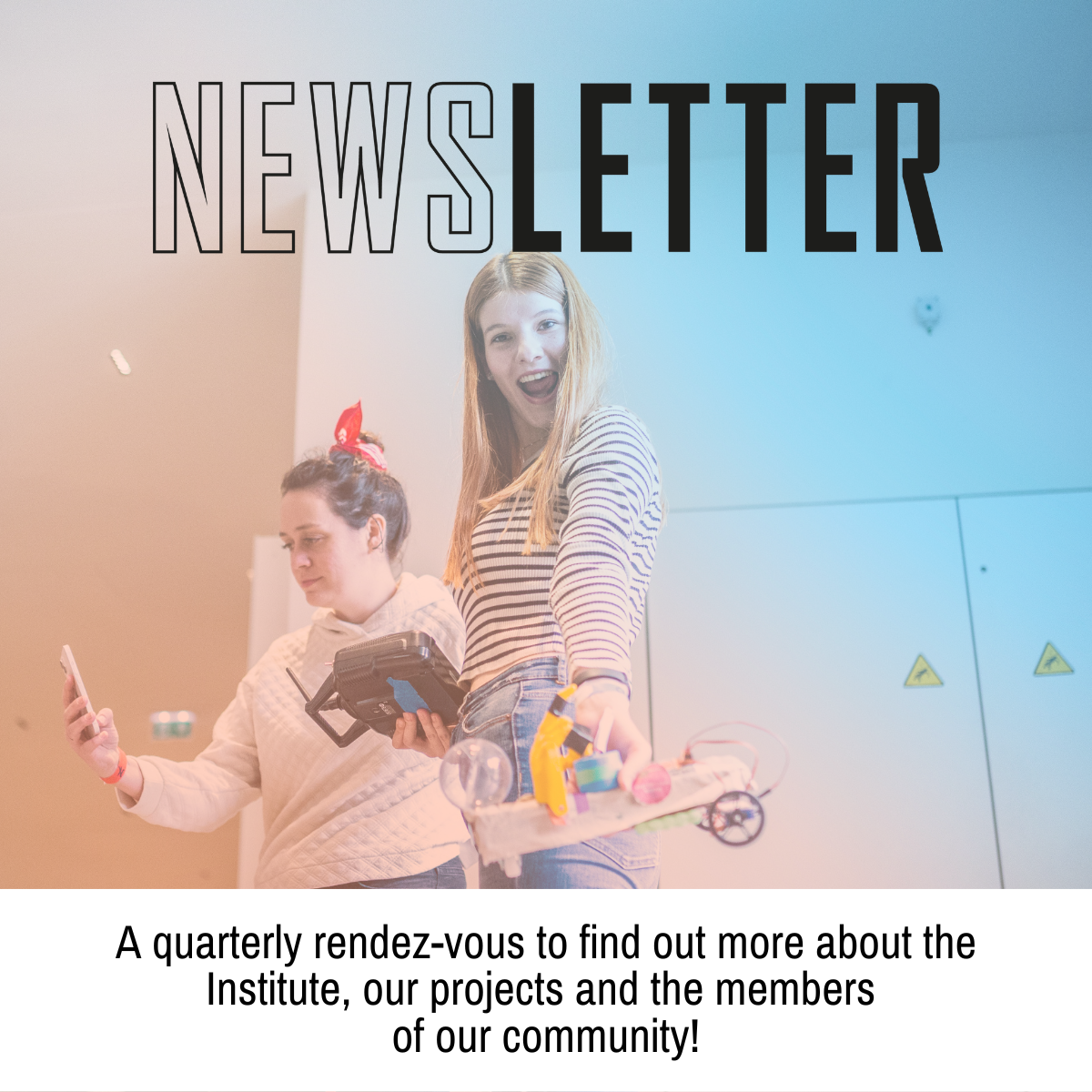learning society
to grow talent
Our beliefs, missions
and actions
Since 2006, the Learning Planet Institute has been dedicated to reinventing learning for all ages (lifelong learning) through collective intelligence in order to build sustainable & inclusive learning societies able to rise to the complex challenges we face.
The Institute’s mission is to explore, research and share new ways of learning and cooperating in order to respond to the needs of the youth and the planet. By encouraging and disseminating a culture, methods and tools for empowerment, it transforms organisations. Ultimately, it leads communities and supports “Learning Planetizens” to take care of themselves, the others and the planet.
To achieve its goals, the Learning Planet Institute creates research and educational programmes based on interdisciplinarity, diversity and initiative. This relies on the synergies between its activities: R&D (search), Education (learn), International Alliance (unite), Transformation of Organisations (accompany) and Digital Ecosystems (provide).
What we
stand for
The Learning Planet Institute advocates a large-scale collaboration to co-build a learning society, capable of addressing the complex challenges we face, today and in the future. In this society, the “Learning Planetizens” would learn to take care of themselves, the others and the planet.
To achieve these goals, the Institute explores, researches and shares new ways of learning and cooperating. It encourages the development of learning ecosystems and communities, working together to find sustainable solutions and ways to reach the Sustainable Development Goals (SDGs) by 2030.
Our
values
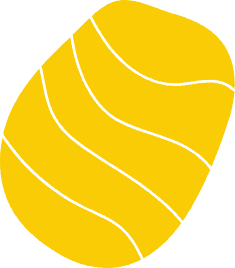
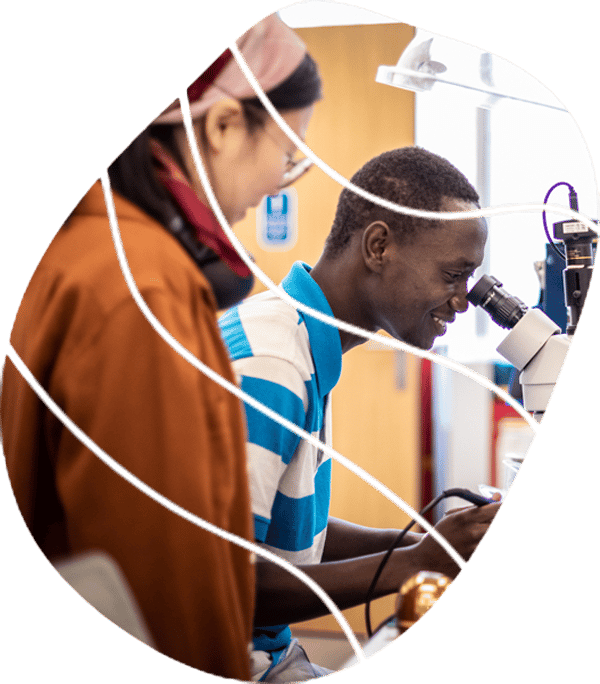
We facilitate peer-learning, creativity and cooperation.
Using collective intelligence
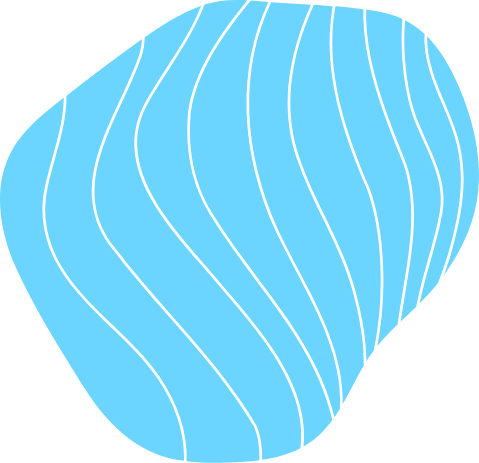
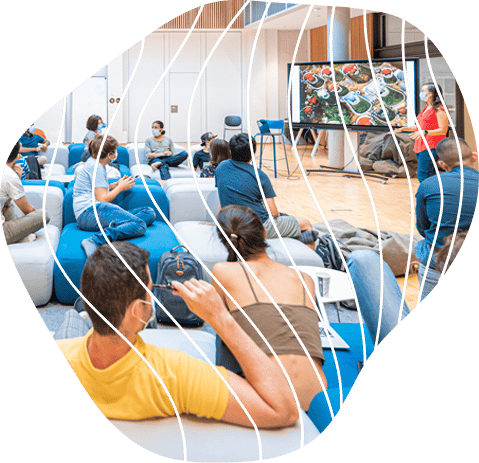
We cultivate critical thinking and exchange between the fields of knowledge.
Promoting interdisciplinarity
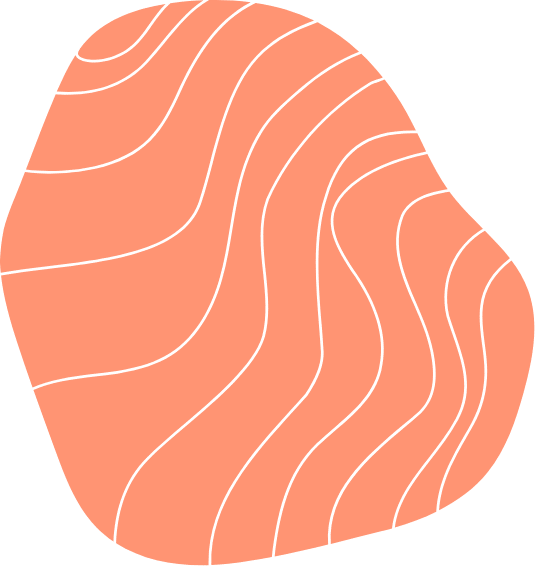
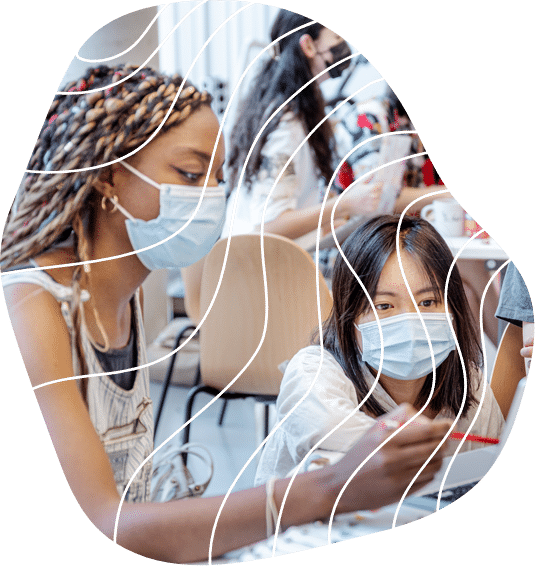
We infuse caring, consideration and respect for people and the environment into the life of our community.
Cultivating and caring of oneself, others and the planet

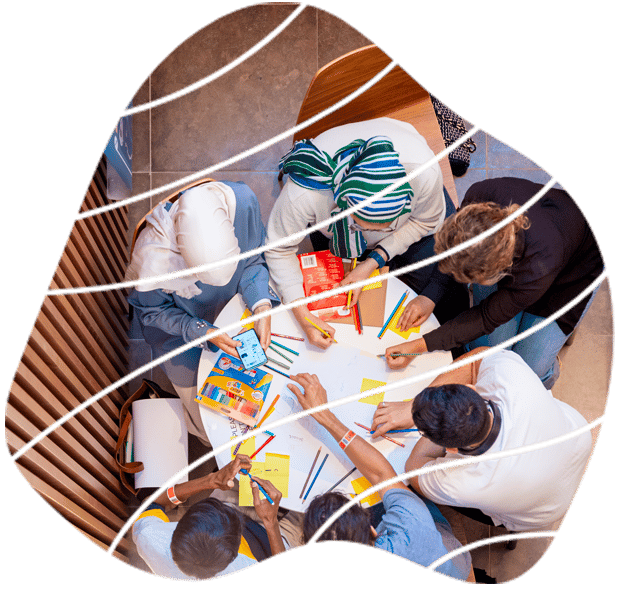
We celebrate the richness of our multicultural and inclusive community.
Welcoming diversity

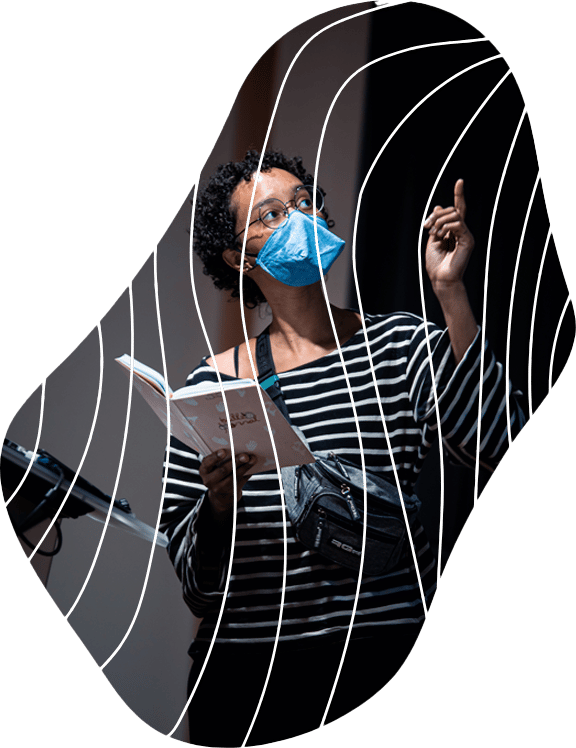
We see positive thinking as a force for hope and success.
Cultivating enthusiasm and optimism

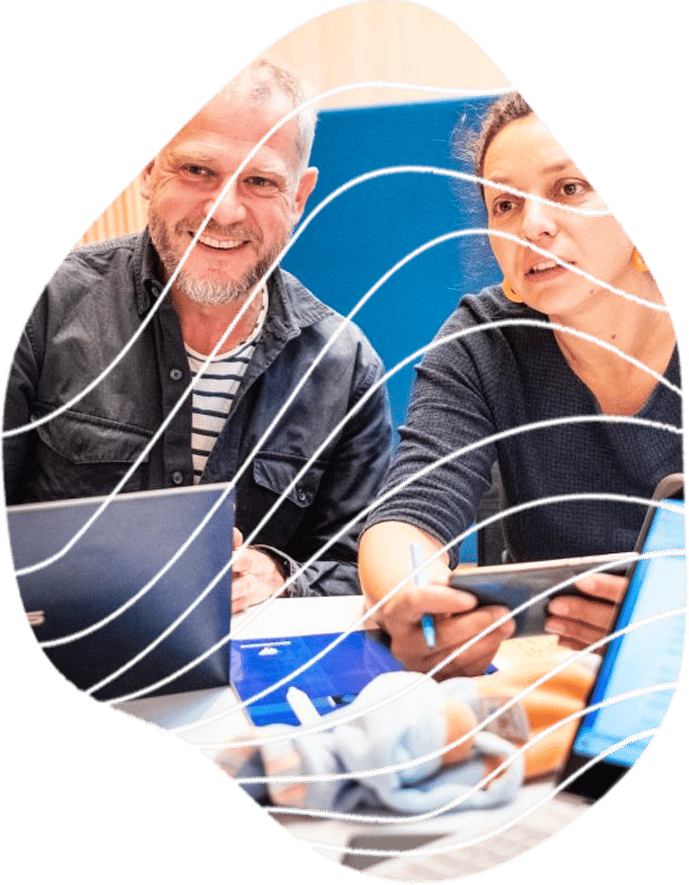
We encourage our communities to think freely and act with agency.
Fostering empowerment
Our
values
We cultivate critical thinking and exchange between the fields of knowledge
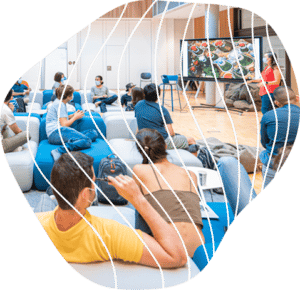
We facilitate peer-learning, creativity and cooperation

We infuse caring, consideration and respect for people and the environment into the life of our community
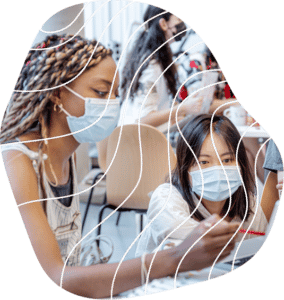
We celebrate the richness of our multicultural and inclusive community
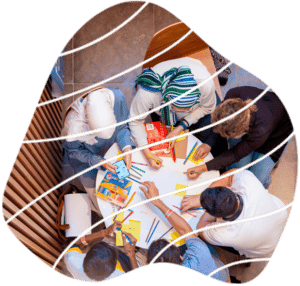
We see positive thinking as a force for hope and success
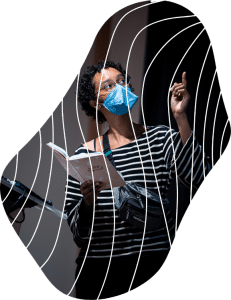
We encourage our communities to think freely and act with agency.
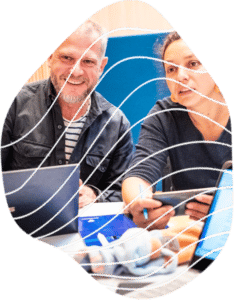
Our design
principles
Our action is based on six main principles:
Learning by doing and through research
We question the world and design original methods using scientific approaches.
Building unique communities
We create physical and digital spaces that favor encounters and
co-construction.
Experimenting and sharing
We prototype and learn from both our successes and our mistakes.
Thinking outside the box
We dream and design creatively our projects, methods and tools.
Redefining the rules of the game sustainably
We implement practices that can accelerate large-scale transitions.
Using digital innovation to disseminate
We use technology to explore and share knowledge at an unprecedented scale.
Our
activities
In order to carry out its mission and create interdisciplinary,
inclusive and digital research and education programmes,
the Learning Planet Institute relies on the synergies
created between its five main areas of activity
R&D
In order to promote the transformation of learning—and thus to have a positive impact on the planet—the R&D department uses research and technology to develop projects focusing on artificial intelligence, learning and collective intelligence, and frugal innovation. These projects are thought of and conducted according to their final purposes.
Education
The Education hub creates and transforms educational programmes and practices, at the individual and collective levels, to enable people to learn in alternative ways, both inside and outside of academic institutions.
International Alliance
Created by the Learning Planet Institute and UNESCO, the International Alliance is a global community of practice dedicated to the transformation of education and to the co-construction of a learning society.
Transformation of Organisations
The Transformation of Organisations hub contributes to the evolution of educational systems and to the transformation of organisations, both public and private, into more efficient learning structures.
Digital Ecosystems
As digital tools facilitate collective intelligence within organisations, the Learning Planet Institute’s Digital Ecosystems hub has created platforms that reflect the pedagogy advocated by and at the Institute. They enable users to rethink and encourage peer learning, allowing them to share their skills and initiatives.
Sustainable campus
Since the Learning Planet Institute is determined to become a major actor in education, following the Sustainable Development Goals (SDGs), our building must operate along the same lines.
Our
impact
Our
partners
The Learning Planet Institute would like to warmly thank
Our sponsor
The Bettencourt Schueller Foundation, our sponsor, for its generosity and trust, and for the crucial support it has brought us since our creation.
Discover the speech of Mrs Françoise Bettencourt Meyers, President of the Bettencourt Schueller Foundation, at the inauguration of our campus on 4 October 2018 (in French).
Our historical partners
Many thanks to the City of Paris and UNESCO, who support the development and ambitions of the Learning Planet Institute from local to global scale
Our academic and research partners
The Learning Planet Institute hosts and develops its teaching and research programmes with
